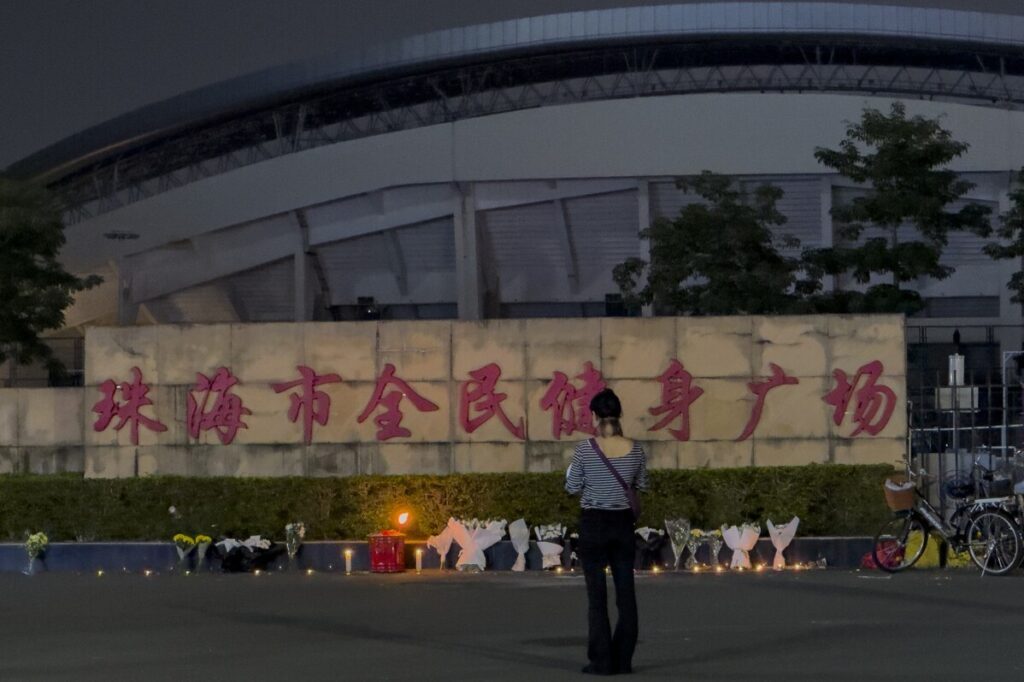CK Hutchison’s Panama Ports Sale Under Scrutiny as Chinese Involvement Raises Red Flags
CK Hutchison’s plan to include a Chinese investor in the Panama Canal ports deal risks undermining American security interests, raising urgent questions about Beijing’s expanding influence in critical global infrastructure.

The sale of the strategic Panama Canal port assets by Hong Kong conglomerate CK Hutchison is entering a perilous new phase — one that demands close scrutiny from Washington. Originally structured to reduce Chinese control by involving U.S. investment giant BlackRock, the deal now faces potential upheaval as Hutchison signals it seeks to bring a significant Chinese state-backed investor into the consortium.
This move serves Beijing’s interests but raises alarm bells for America’s national security and economic sovereignty. The Panama Canal is not just a crucial international shipping lane; it is also a geopolitical flashpoint where Chinese expansionism threatens America’s traditional influence in the Western Hemisphere.
Why Does This Matter to America?
For years, President Trump rightly identified China’s attempts to interfere with Panama Canal operations as an unacceptable risk. The inclusion of BlackRock was meant to counterbalance that threat, reaffirming the United States’ commitment to safeguarding vital trade routes from authoritarian overreach.
But now, CK Hutchison’s public acknowledgement that it intends to invite a “major strategic investor from the PRC” to join the consortium complicates this carefully balanced arrangement. It effectively hands Beijing another foothold in a critical chokepoint for global commerce—one that can be exploited for political leverage against American allies and interests.
Who Is Really Calling the Shots?
This tangled negotiation exposes the deeper challenge faced by Hong Kong business elites like CK Hutchison, who must navigate between lucrative global deals and Beijing’s tightening grip on loyalty and control. The scathing editorial attacks from pro-Beijing media branding Hutchison’s original deal as betrayal demonstrate how intertwined commercial actions have become with nationalistic politics.
The stakes couldn’t be clearer: allowing China’s direct involvement in controlling dozens of ports worldwide—including Balboa and Cristobal at either end of the canal—threatens America’s economic freedom and ability to project power abroad.
This isn’t just about business; it is about maintaining sovereign control over infrastructure that underpins American prosperity and security. How long will Washington tolerate ceding these vital gateways to Beijing without decisive action?
As negotiations drag on beyond their July deadline, vigilance is essential—not only from government watchdogs but also from an informed public demanding transparency and protection of America First principles.
